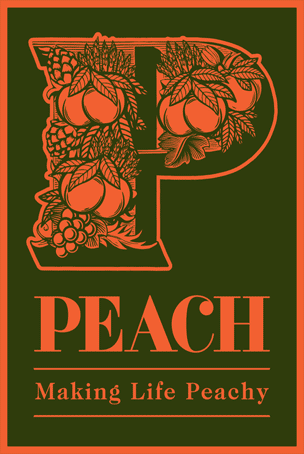More and more often, you hear it said that this is going to be Africa’s century. If so, it’s about time.
Visiting Kenya regularly over the last fifteen years has been like watching a stop-frame movie. To fly or drive from Nairobi across the Great Rift towards the Maasai Mara is to be struck each time by how many more farms, villages and schools have appeared since last time. And how much less forest and grassland there is.
Ten years ago, Narok was one-street town with a bank, a petrol station and various dukas (shops in tin sheds). On our last visit, the town extended several blocks either side of the main road and workmen were fitting windows to a three-storey shopping mall that would look grand if it landed in Oxford.

The Cost of Change in Africa
Africa is changing fast. There is much to be gained from the rapid development, and no one gifted a Western lifestyle is in a position to mourn the transition from mud huts with leaky grass roofs to houses with concrete floors and metal walls.
But there is a cost. Kenya and Tanzania are home to the Maasai Mara/Serengeti eco-system, probably the greatest concentration of rare wildlife on the planet. It should be a no-brainer that this irreplaceable natural jewel is protected. But it isn’t.
Fifteen years ago there was a 100-mile buffer zone of bush between the Mara’s northern boundary and the nearest city. Now agricultural and urban development stretch almost to the gates of the National Reserve.
What’s urgently needed is a new buffer zone. Some of the land-owners here are now working to create a series of conservancies to preserve the landscape and protect the wildlife, funded by tourism.
Peach Pubs’ Last Line of Defence Project
Peach Pubs is involved in helping to establish the most northerly (and most vulnerable) of these conservancies, Enonkishu. They’re calling it The Last Line of Defence.
Enonkishu was started by Tarquin Wood, who has put into it his 1000-acre farm. He’s now encouraging his Maasai neighbours to lease their lands to the conservancy too, in return for rent sustained by tourist fees. He also wants to work with them to manage the grazing of cattle and growth of indigenous forestry to preserve the land and encourage more game on to it.
It is a daily struggle to make a living on the Mara, and without conservancies, locals defending their livestock and crops have no choice but to continue to kill the game. In the last year Tarquin has seen eight speared hippos float past his house on the banks of the Mara River.
During our visit we planted 1000 indigenous trees on the far bank which, backed by a strong fence, will provide grazing ground for hippos and prevent them straying into local villages. We also raised funds to plant a further 20,000 seedlings.
Peach Pubs has spent 2013 raising funds for the conservancy. Since our visit, we are spurred on to do even more. After visiting the new secondary school at Emarti, Suzie Ayling from the Rose & Crown and Owain Jones of The Fishes want to find a way of sponsoring individual children.

Serena Toh from The Thatch in Thame is keen to find out what supplies the school needs and raise money to provide them.
We had an unforgettable time in Kenya. What struck me most was the pace of change. One day, when they have secured the essentials of life, the Kenyans will be able to afford to care more about their unique natural heritage. Sadly, there’s a great risk that it will already have been damaged beyond repair. There is a small window of opportunity to secure at least some of that heritage.
To find out more about the Mara conservancies, and Enonkishu in particular, go to www.thelastlineofdefence.com or support our fund-raising activities in 2014.
